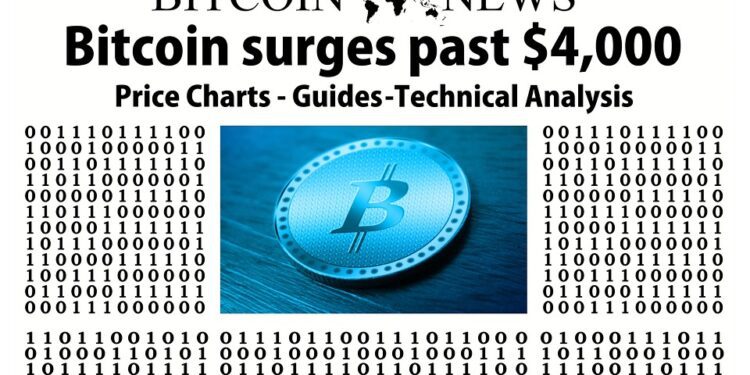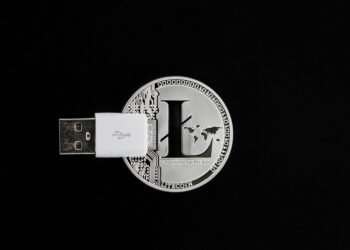The gaming industry has always been at the forefront of technological innovation, from the first video game consoles to the rise of mobile gaming. One of the latest trends shaking up the gaming world is the adoption of non-fungible tokens (NFTs) as a means of exchanging virtual assets within games. This phenomenon is not only changing the way gamers interact with virtual worlds, but also revolutionizing the concept of ownership in the gaming industry.
NFTs are unique digital assets that are stored on a blockchain and cannot be replicated or exchanged for something else. Unlike cryptocurrencies like Bitcoin or Ethereum, which are fungible and have equal value, NFTs are one-of-a-kind items that can represent anything from digital art to in-game items. In the context of gaming, NFTs are being used to give players true ownership of digital assets, such as weapons, armor, or skins, that they can buy, sell, and trade with other players.
The advent of NFTs in gaming has opened up a whole new world of possibilities for both developers and players. For developers, NFTs provide a new revenue stream by allowing them to sell unique in-game items directly to players, rather than relying on microtransactions or loot boxes. This not only gives players more control over their gaming experience, but also incentivizes them to invest in virtual assets that have real-world value.
Players, on the other hand, now have the ability to truly own the virtual items they acquire in games, as opposed to simply licensing them from the developer. This means that they can sell their items for real money, trade them with other players, or even use them in other games that support NFTs. In essence, NFTs are blurring the lines between virtual and physical ownership, creating a new economy within the gaming industry.
Moreover, the rise of NFTs in gaming is leveling the playing field for players who may not have the time or resources to grind for in-game items. By allowing players to buy and sell virtual assets, NFTs empower gamers to invest in their gaming experience in a way that was previously inaccessible to them. This opens up opportunities for players to profit from their gaming skills, creating a more equitable and engaging environment for all.
Overall, the evolution of gaming through NFTs is reshaping the industry in ways that were previously unimaginable. By giving players true ownership of virtual assets and creating new revenue streams for developers, NFTs are redefining the concept of value in gaming. As more games adopt NFTs as a means of exchanging virtual assets, we can expect to see a revolution in the way gamers interact with virtual worlds and the way developers monetize their creations. The future of gaming is here, and it’s more exciting and immersive than ever before.








